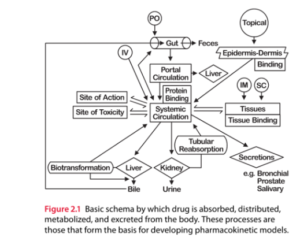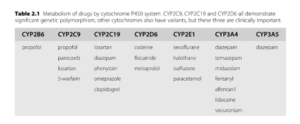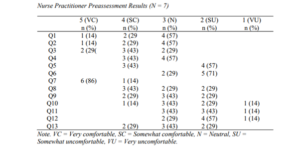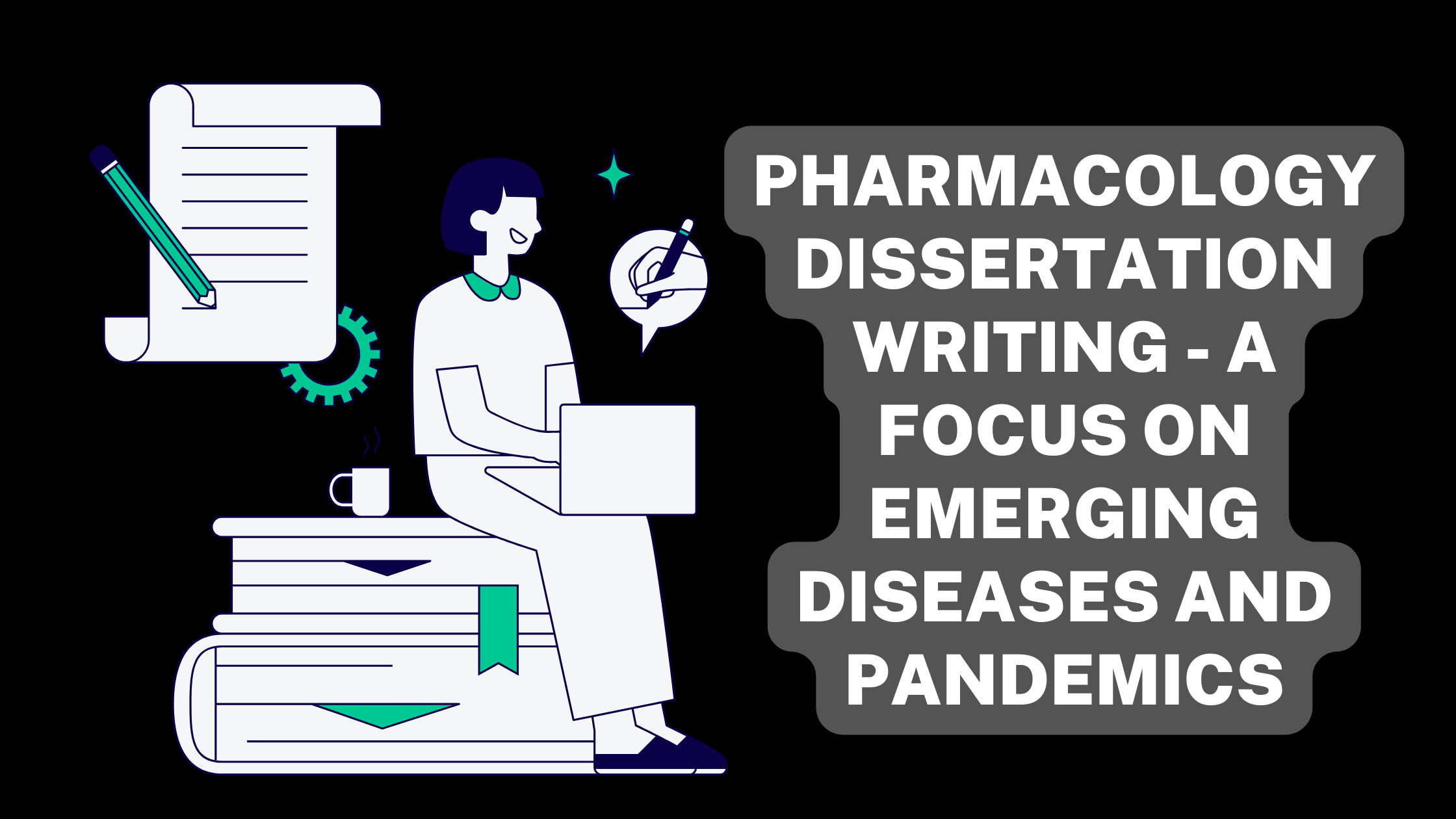Stuck with writing a pharmacology dissertation? It may be challenging because new advancements are being made in the field of pharmacology every passing day. If you are facing overwhelming anxiety, relax and take a deep breath – it is natural for pharmacology students to feel so.
We have gathered the best guidelines for you to follow when writing your dissertation on any of the pharmacology topics. Read on to know all the guidelines, and dissertation writing will become a breeze for you.
What if it is still difficult for you? Well, in that case, you must not risk your grades and take personalised help from dissertation writing services. The Academic Papers UK is the best choice to get help from in this regard.
Writing a Pharmacology Dissertation – The Best Tips and Guidelines
Table of Contents
The very first thing that you need to do is to study the requirements of the dissertation handbook given to you by your pharmacology department. Once you are familiar with the content and formatting guidelines, you can start working on your dissertation.
Here is how you start writing your dissertation:
1. Topic Selection
If you are already provided with the topic for your dissertation by your professor, consider half of the difficult work is done already. But if you are sitting clueless, thinking about the topic, you have to prepare yourself for some hard work now.
Here are some guidelines for helping you select the right topic for your pharmacology dissertation:
- Choose a topic that you are genuinely interested in.
- Narrow down the topic from a broader area of interest that appeals to you.
- Note down your topic and check to see if it poses a question in the minds of the readers.
- Finally, discuss the research proposal with your supervisor and ensure that he approves your choice.
You must keep in mind that the topic for your research project is specific and focussed on the theme and not just a vague title for your work.
2. Interpret the Research Questions
The most important factor when working on pharmacology papers is focusing on interpreting the research questions. You must not forget to relate the research work with your basic questions. But you must be sure not to discuss it too literally.
You should analyse the information available on the topic and make your own results. A good rule of thumb is to get the best of all research topics and then ask questions that can be answered with facts and arguments.
Then, express the importance of these research questions in your dissertation proposal and present it to the thesis committee. The chances of approval of your pharmacology dissertation research title shall increase this way.
3. Reliable Sources
Different studies suggest that there exists a relationship between the quality of sources used in dissertating writing and the final grades. When doing your research, you should gather enough sources that are relevant to your work.
But, you must always make sure that the sources provide value to your work and are not just an extra entry to your bibliography. The resources used must be credible, reliable and taken from valid repositories of knowledge.
4. Planning the Dissertation
The pharmacology dissertation structure matters the most when you are working on a comparative study research topic. Generally, the planning of your work includes dividing it into a definite structure and structuring the information into distinct sections.
The sections of a well-written dissertation are the following:
- Abstract
- Introduction
- Literature Review
- Methodology
- Analysis
- Results
- Conclusion
- Discussion
- Bibliography
Each section of your pharmacology dissertation must be filled with relevant content if you want to get good grades on your papers.
5. The Abstract
It is the shortest section of a pharmacology dissertation and provides the reader with a brief overview of the complete research project. Also, it highlights the aims of the dissertation to the readers and provides them with the context of the research.
6. The Introduction
It comprises 15% of your pharmacology dissertation section and usually tells the readers about the main focus of your dissertation. It gives a review of the context and background of the research work.
You can also point out the research gaps and tell the reader about how the author shall fill these gaps in his dissertation. If you are working on an adverse drug reactions study, you will take into account the long-term drug target (probably an experimental animal) and everything related to it and discuss it in this section.
7. The Literature Review
Generally, the largest part of a dissertation is the literature review, and it comprises 25% of a pharmacology dissertation. It provides the readers with an insight into the existing literature research. Usually, this section involves a review of both research and non-research literature.
Here is a table that shows the basic and established scheme for the absorption of a drug in the body, as expressed in the book Veterinary Pharmacology and Therapeutics:

Additionally, it identifies and justifies the research gap that exists previously and gets filled by the author of the said dissertation. For writing the best literature review section, you must select one of the dissertation topics in pharmacology that is widely searched.
8. The Methodology
The research methodology section of your dissertation shall constitute 15% of the overall dissertation content. The aim of this section is to highlight and justify the design, data analysis process and research approach to the reader.
Pharmacology for Anaesthesia and Intensive Care shows the following table to better express the contents of the methodology part:

Also, it briefly explains to the audience the methods that were employed to get the final results. You can also shed light on the methodical approach and research design of your work here.
9. The Results
The fifth section of your dissertation is the results section, which makes up to 15% of your final work. The basic aim of this section is to present the outcomes of primary research to the audience. Generally, a writer presents the findings of a study in this section.
The findings of your work will look best in the tabular form, such as the one presented in the paper Pharmacological Management of the Diabetic Patient: A Staff Education Project, in the following way:

The table shows the response rates to the induced diabetic patients with diabetes mellitus. Your thesis may be on antiepileptic drugs or cardiovascular diseases, but the results presentation shall be in the same way.
Also, the evidence to support the findings is also included here. Not only that, but the summary of methodology and background information is also presented in this section.
10. The Discussion of Results
While the results part of your pharmacology dissertation talks about the obtained findings, the discussion of results is based on explaining their importance. Further, it relates the results to the research questions, and the writer explains the link between both of them.
You can also choose to include the interpretations of your results in this section. It shall help the reader know how much you have contributed to the field of your research.
11. Conclusion
Just like the introduction part is your first chance to impress the examiner, a good conclusion shall also leave a mark in the readers’ minds. Here are a few tips on writing a stellar conclusion for your dissertation:
- Avoid introducing new arguments in your dissertation papers.
- Summarise the key arguments in your work and show the reader how they relate back to the main research questions.
- Suggest pharmacology dissertation ideas to other researchers for further work. Also, discuss the implications of your work on future research.
- Do not include any such thing in your conclusion that is out of the scope of your current work.
Further, you must not be negligent towards the conclusion and add as many key points as you can in this section. Do not make this section too lengthy, or the audience will get bored.
Bottom Line:
So, this was all about the writing guidelines to follow in pharmacology dissertation writing. Make sure that you have researched your topic well enough and that the main arguments of your dissertation are coherently linked to each other.
The literature review must be related to the topic of your dissertation, and the methodology you choose should be the best suited for your work. It will make your dissertation leave its best impression in the eyes of the examiner.
If you need further assistance in this regard, you can get help from a best dissertation writing service where expert writers shall make writing your pharmacology dissertation a breeze for you.

